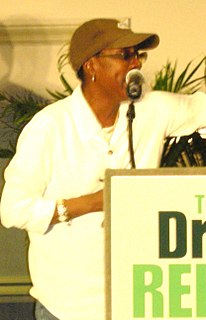A Quote by Ralph Waldo Emerson
I can find my biography in every fable that I read.
Related Quotes
Biography always has fulfiled this role. Robinson Crusoe is a biography, as is Tom Jones. You can go through the whole range of the novel, and you will find it is biography. The only difference between one example and the other is that sometimes it's a partial biography and sometimes it's a total biography. Clarissa, for example, is a partial biography of Clarissa and a partial biography of Lovelace. In other words, it doesn't follow Lovelace from when he is in the cradle, though it takes him to the grave.
When you read a history or biography you are entitled to imagine that it is as accurate as the authors can make it. That research has gone into it and we say "This is a history of the civil war, this is a biography of Lincoln" whatever. But you don't make any such supposition when you say "This is a historical novel."
Alice in Wonderland Syndrome. This is a mental illness. It is like looking through the wrong end of a pair of binoculars. It is as if you are living in a fantasy world of a fable. This is an interesting and sad syndrome. I’m sure that I have that syndrome. If it’s not it, then why the heck does my every moment with the ordinary girl feel like a fable?







































